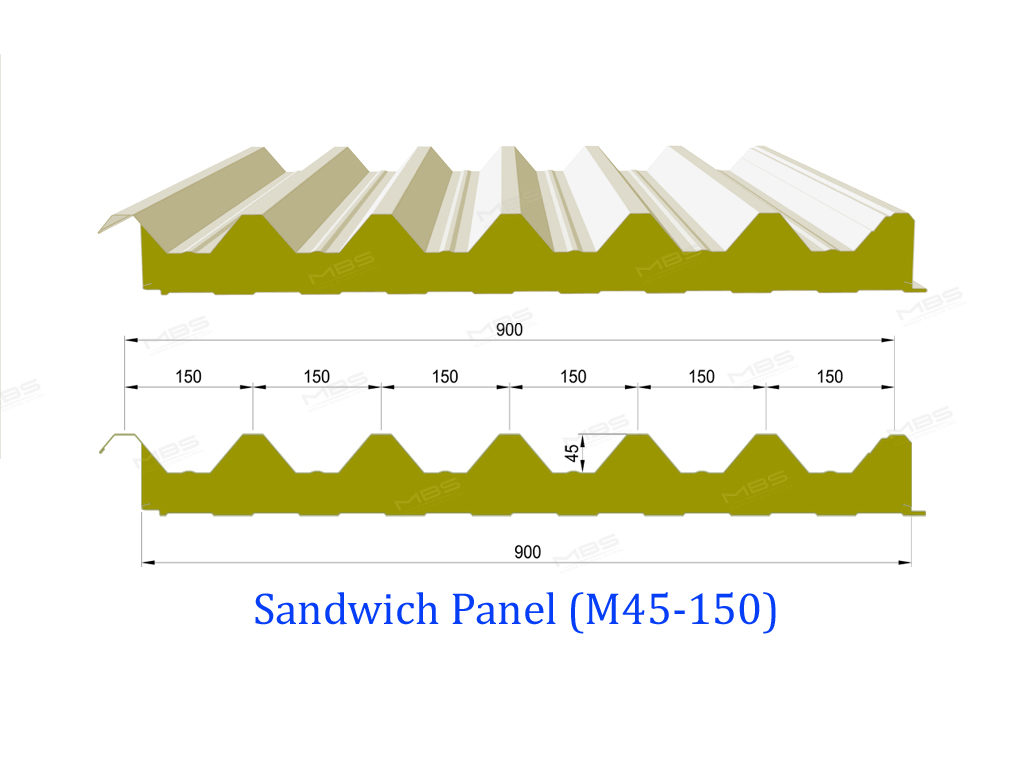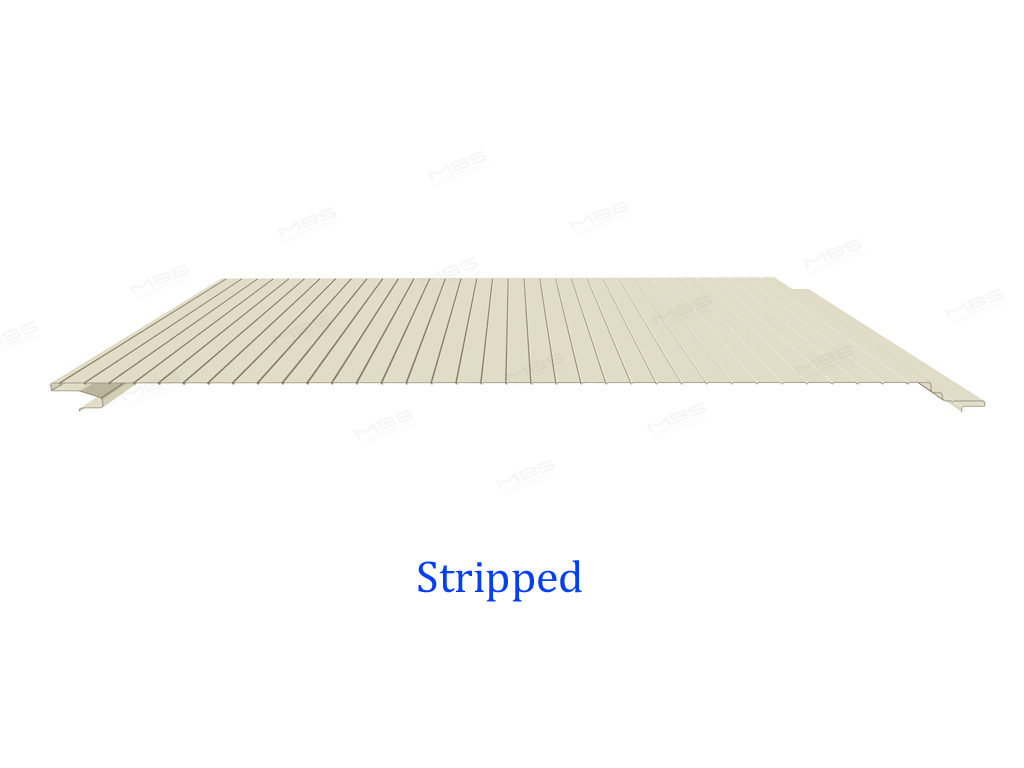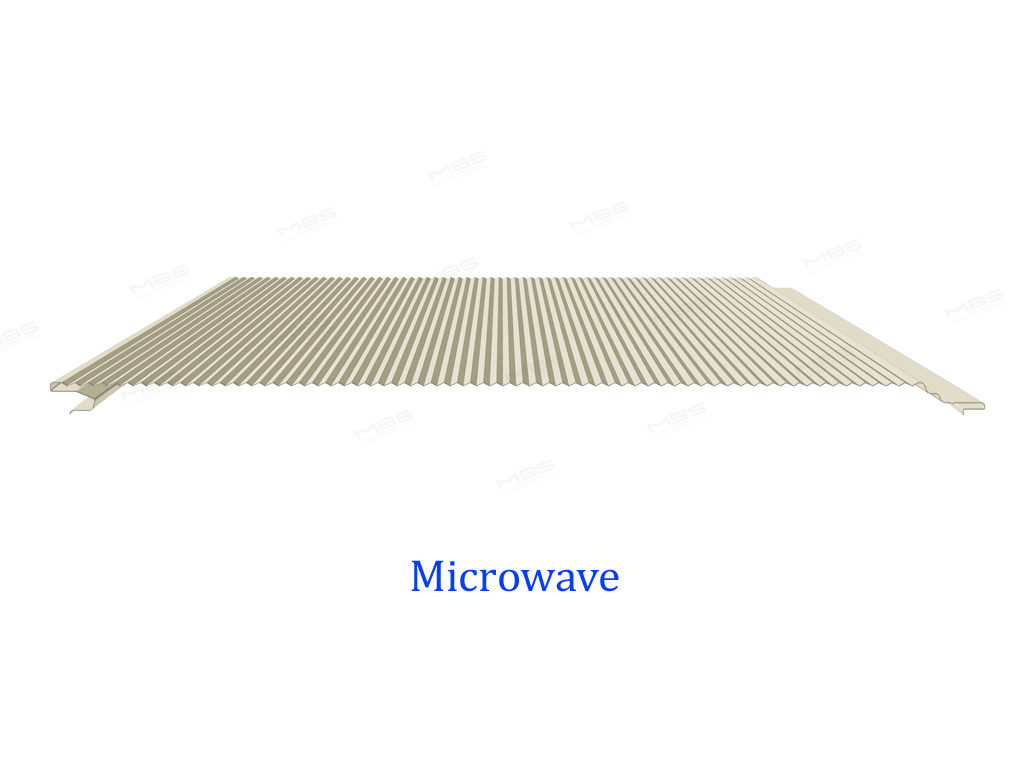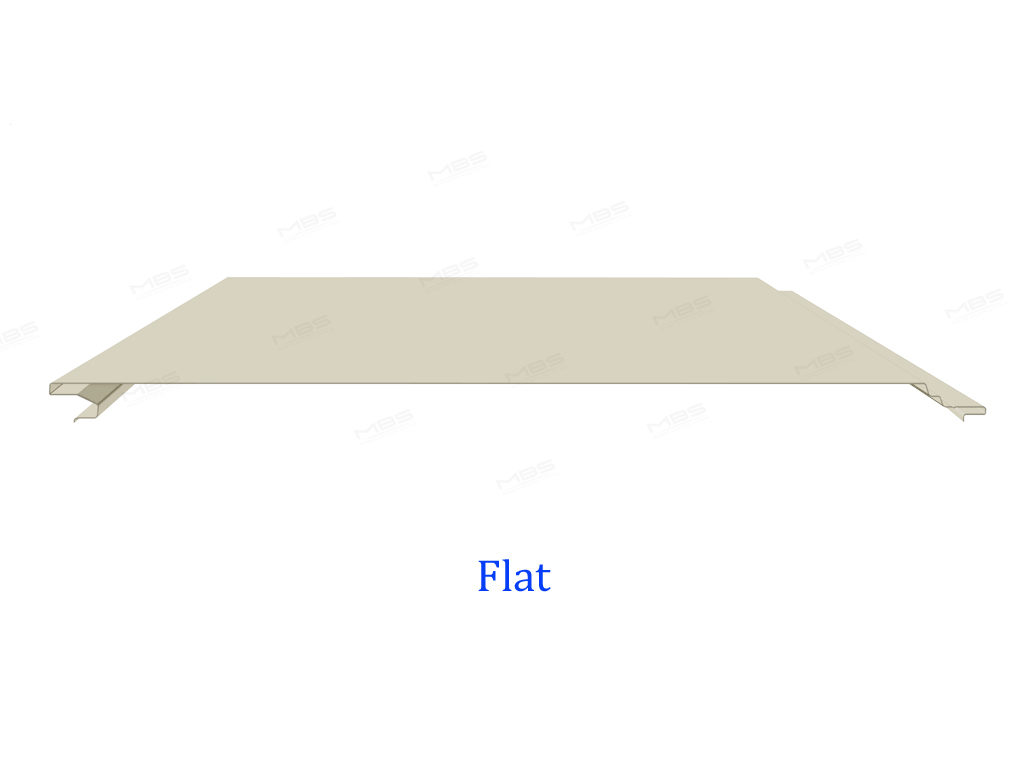PUR and PIR Sandwich Panels
Rigid polyurethane (PUR) and polyisocyanurate (PIR) foam, sandwiched by metal or flexible facings is increasingly successful in meeting the requirements of the construction industry, with an emphasis on cost effective building systems and conservation. Some popular applications include industrial and commercial buildings, as well as the food supply sector (cold storage, refrigerated transport, etc.).
Rigid PUR insulation products are made by reacting a liquid polyol component with a liquid polymeric isocyanate component, methylene diphenyl di-isocyanate (MDI), in the presence of a blowing agent and other additives, the result is a highly efficient insulation product.
While rigid PIR is produced using an excess of the MDI component, in the presence of an appropriate catalyst the excess MDI reacts with itself to form isocyanurate, resulting in greater heat stability. PIR insulation products have increased fire performance and reduced combustibility and a higher working temperature limit compared to PUR. When incorporated into building products, PIR panels meet some of the most demanding fire performance requirements.
Sandwich panels offer a wide range of desirable properties, which can be seen from the increasing demand of this unparalleled construction product. Some of these properties include:
- Thermal insulation
- Impact resistance and stability
- Fire retardant
- Light weight and space saving
- Low maintenance and long life
- Fast delivery (due to automated manufacturing)
- Long length and wide spans (rapid and simple erection)
- Environmentally friendly (CFC and HCFC free)






